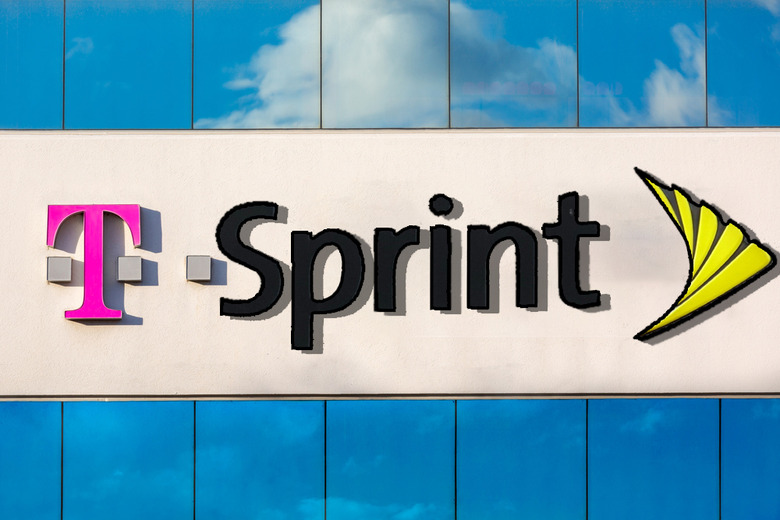Death Of The T-Mobile-Sprint Merger Is Good For T-Mobile, Bad For Customers
The rumored T-Mobile-Sprint merger is officially done. The two parties couldn't agree on a deal, and a merger that could've killed all semblance of competition in the US wireless market is mercifully non-existent.
But according to telecoms analyst Craig Moffett, the merger could have knock-on effects for anyone who owns cellphone plans that are the opposite of what we were hoping for.
"The breakup of the Sprint/T-Mobile deal will ultimately prove to be good news for the sector," Moffett said in a note to investors seen by Barrons. "Robbed of the prospect of a merger — at least for now — Sprint will now have to focus on sustainability. That means less, not more, promotionality...all players will benefit if Sprint, as seems likely, adopts a less promotional pricing posture as they attempt to balance the competing priorities of debt service and network reinvestment."
Short version: Sprint will focus on investment — something that it has the cash to do now, thanks to Softbank's recent increased investment promise — rather than cutting prices to compete with the other carriers.
Sure, that's obviously bad news for Sprint customers. But it's also bad news for customers of other networks. Sprint has always been the cut-price carrier, and its low prices keep downwards price pressure on the other carriers. In the same way that T-Mobile offering unlimited data forced all the other carriers to offer their own unlimited plans within months, Sprint's outrageously low pricing keeps the other carriers honest.
Now, a Sprint that's not as aggressive with pricing is still better than no Sprint. Moffett isn't suggesting that Sprint will raise prices overnight to compete with the other carriers. But in general, you might not see as many aggressive promotions, especially like free lines or free devices for moving carriers.
